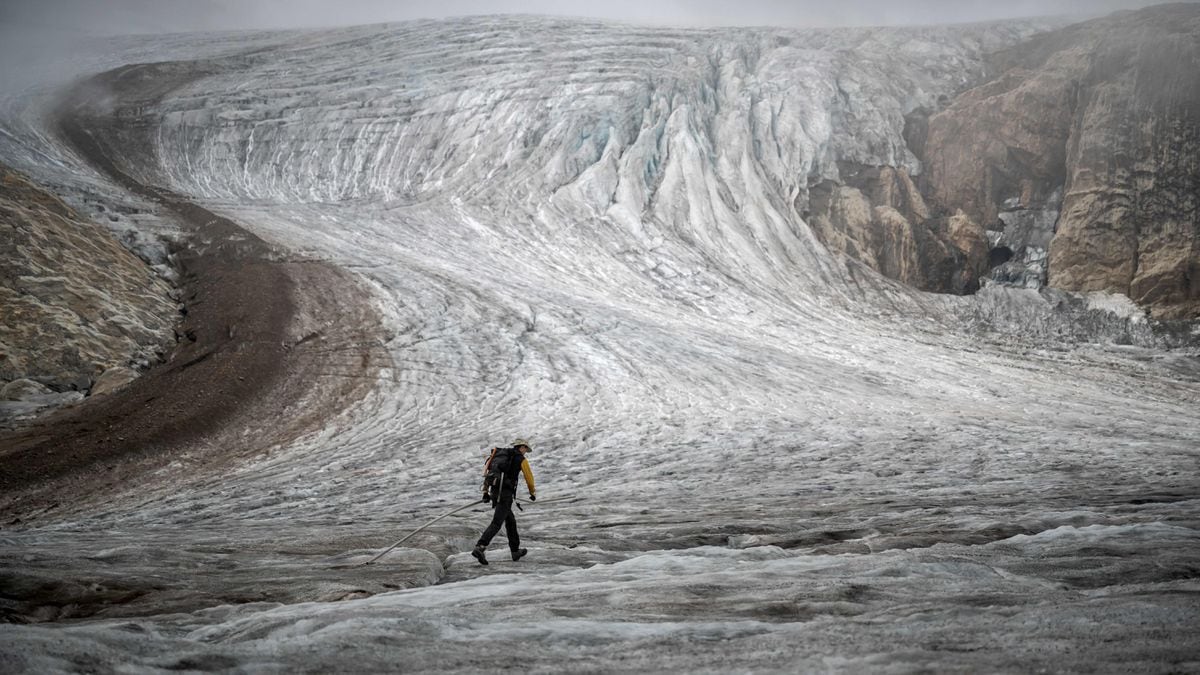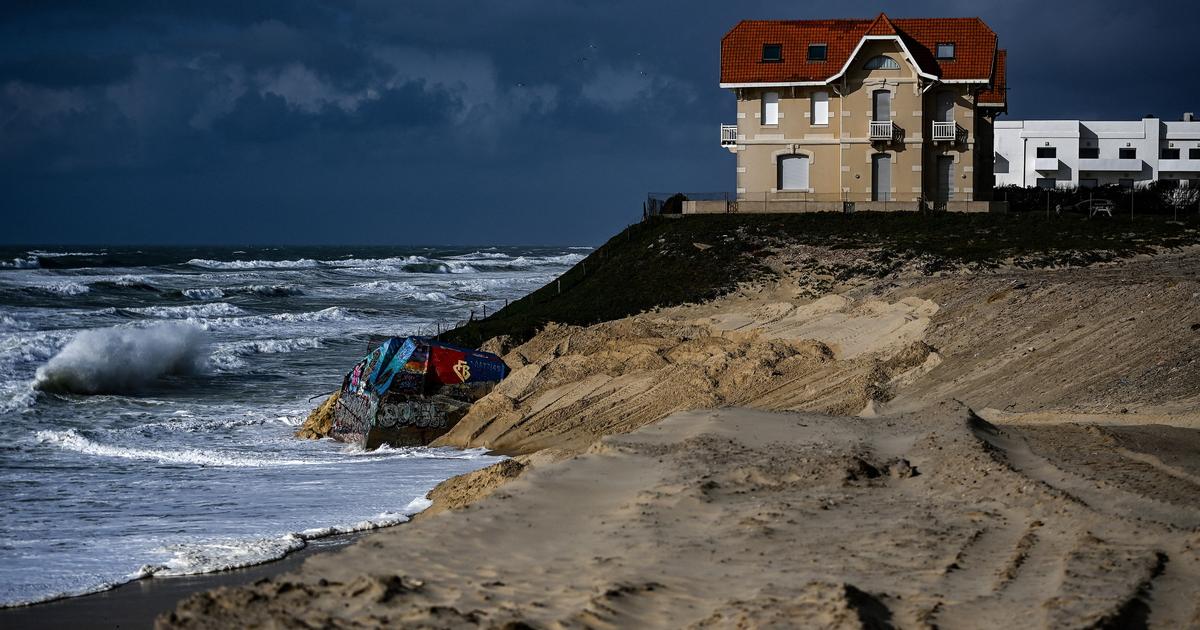Swiss glaciers have recorded their worst rate of melting in more than a century of measurements.
The Alps have lost 6% of their volume, almost double since the previous record in 2003, according to the Cryospheric Commission of the Swiss Academy of Sciences.
The hot summer combined with low winter snowfall have been the main causes of the intensification of the phenomenon.
More than half of the glaciers in the Alps are in Switzerland, where temperatures are rising at about twice the global average.
In the video that accompanies this news you can see the consequences of climate change in the region.
Some rocks, which have been buried for millennia, have become visible again and some small glaciers have disappeared.
Rising temperatures have melted the poles and caused waterfalls in the region.
View of the Tschierva Glacier from Alp Ota, in 1935 and in 2022. SWISSTOPO AND VAW / ETH ZURICH
The Swiss Academy of Sciences predicts that the magnitude of the loss of glaciers may worsen in the future.
"2022 was a terrible year for glaciers: All melting records were broken," the academy said in a statement.
On average, three to four meters of ice thickness has been lost.
Which means that a layer with this width has been removed from every glacier in Switzerland.
Scientists have stated that it is not possible to stop the melting in the short term.
The UN has warned that if greenhouse gas emissions continue to rise, the glaciers in the Alps will lose more than 80% of their current mass by the year 2100.





